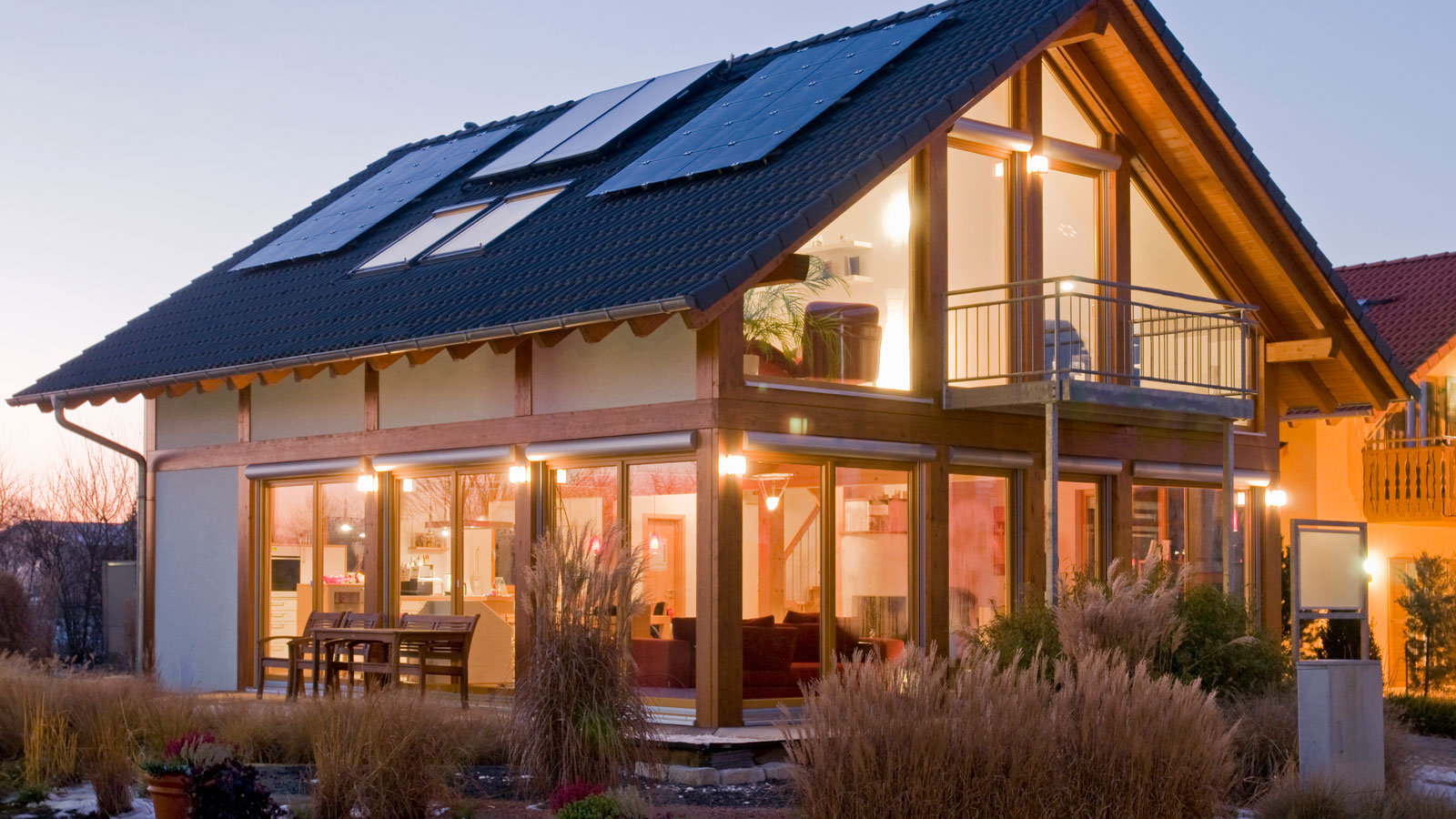Report warns overheating in homes could cause 10,000 deaths this year unless immediate action is taken
The Environmental Audit Committee's report says as temperatures rise more and more households become vulnerable to the threats caused by overheating

As UK temperatures see year-on-year rises there are growing concerns over the lethal impact overheating is causing to homes.
2022 saw UK temperatures soar to above 40°C for the first time, while 2023 was the world’s hottest year on record, prompting a report from the Environmental Audit Committee (EAC) that has raised concerns over the UK’s lack of preparedness in its report on ‘Heat resilience and sustainable cooling’.
In this report it is claimed overheating is the “silent killer” and could claim up to 10,000 lives annually in the UK unless action is taken now. We look through how overheating can affect you and your health and the report's suggestions on how to prevent overheating in homes.
Over 4.6m homes experience overheating
Over 4.6 million English homes are affected by overheating during the summer months, according to the EAC.
Given that 80% of the homes expected to exist in 2050 are already constructed, there will be a significant need for widespread retrofitting to achieve net zero emissions and ensure thermal comfort.
EAC Chairman, Rt Hon Philip Dunne MP, said: “The world is heating up, and in the coming year we may exceed an increase of over 1.5°C above pre-industrial levels: breaking a key ambition of the Paris Agreement. The record temperatures we are seeing in UK summers, triggered by climate change, pose significant risks to health and wellbeing, and swift action must now be taken to adapt to the UK’s changing climate.
“Projections suggest that without action, there could be 10,000 UK heat-related deaths annually. High temperatures are costing the UK economy £60 billion a year: so measures to address the risks from overheating are simply a no-brainer."
Bring your dream home to life with expert advice, how to guides and design inspiration. Sign up for our newsletter and get two free tickets to a Homebuilding & Renovating Show near you.
Dr Radhika Khosla from the University of Oxford, who acted as Specialist Adviser for the EAC’s inquiry, said: “Sustainable cooling has rightly been pushed up the global agenda in recent years as temperatures rise around the world. But now that we recognise the problems from extreme heat, it is imperative we commit to the solutions.
"Our hope is that this report helps the UK take action to meet its Global Cooling Pledge commitments and, most importantly, helps to save lives and protect people’s wellbeing while reducing emissions from cooling.”
How does overheating in homes claim lives?
Exposure to heat has various physiological effects on the human body, such as raising blood pressure and heart rate, which can affect multiple bodily systems including circulatory, nervous, respiratory, and renal systems.
These effects increase the likelihood of illness or even death, including conditions like dehydration, heat exhaustion, and heatstroke.
In the UK, heat-related deaths surpassed 4,500 in 2022, with projections suggesting that this number could reach 10,000 annually if significant measures to adapt to a warming climate are not taken. Particularly vulnerable groups include individuals over the age of 65 and those with pre-existing health conditions.
Furthermore, hot weather also impacts mental health, with the risk of suicide being twice as high in the UK when temperatures reach 32°C compared to 22°C.
Beyond physical and mental health risks, hot weather also has broader wellbeing effects on the population, such as sleep deprivation.

What solutions have been put forward for overheating?
The EAC emphasises the pressing need for accelerated heat adaptation measures in the UK.
They propose the development of a national retrofit programme, led by local authorities and supported by long-term funding, prioritising insulation, ventilation, and passive cooling over energy-intensive active cooling.
Additionally, they suggest considering amendments to Building Regulations, particularly Building Regulations Part O, to promote the use of ceiling fans and facilitating access to low-cost finance for householders to to help keep houses cool in summer.
Nature-based solutions, such as parks, trees, and green infrastructure, are highlighted for their cooling effects and co-benefits like biodiversity and air quality improvement, especially in urban heat island areas like London.
The EAC underscores the importance of these measures in mitigating the need for energy-intensive air conditioning, which risks exacerbating greenhouse gas emissions and further warming the planet. They stress the necessity of action to enhance the energy efficiency of air conditioners to avoid such a scenario.

Public information on overheating 'severely' lacking
The EAC claims that information concerning managing extreme heat is "severely" lacking and may not be effectively reaching vulnerable populations.
In line with recommendations previously made by its predecessor Committee in the 2018 Heatwaves report, the EAC calls on the government to implement a public information initiative addressing the escalating risk of heatwaves and their considerable effects on human well-being and daily routines.
They propose that the Met Office conduct a trial for naming heatwaves, akin to how storms are named, to increase public awareness of the health hazards involved. Additionally, they suggest the integration of humidity levels into weather forecasts and heat-health alerts to provide more comprehensive information to the public.

News Editor Joseph has previously written for Today’s Media and Chambers & Partners, focusing on news for conveyancers and industry professionals. Joseph has just started his own self build project, building his own home on his family’s farm with planning permission for a timber frame, three-bedroom house in a one-acre field. The foundation work has already begun and he hopes to have the home built in the next year. Prior to this he renovated his family's home as well as doing several DIY projects, including installing a shower, building sheds, and livestock fences and shelters for the farm’s animals. Outside of homebuilding, Joseph loves rugby and has written for Rugby World, the world’s largest rugby magazine.
